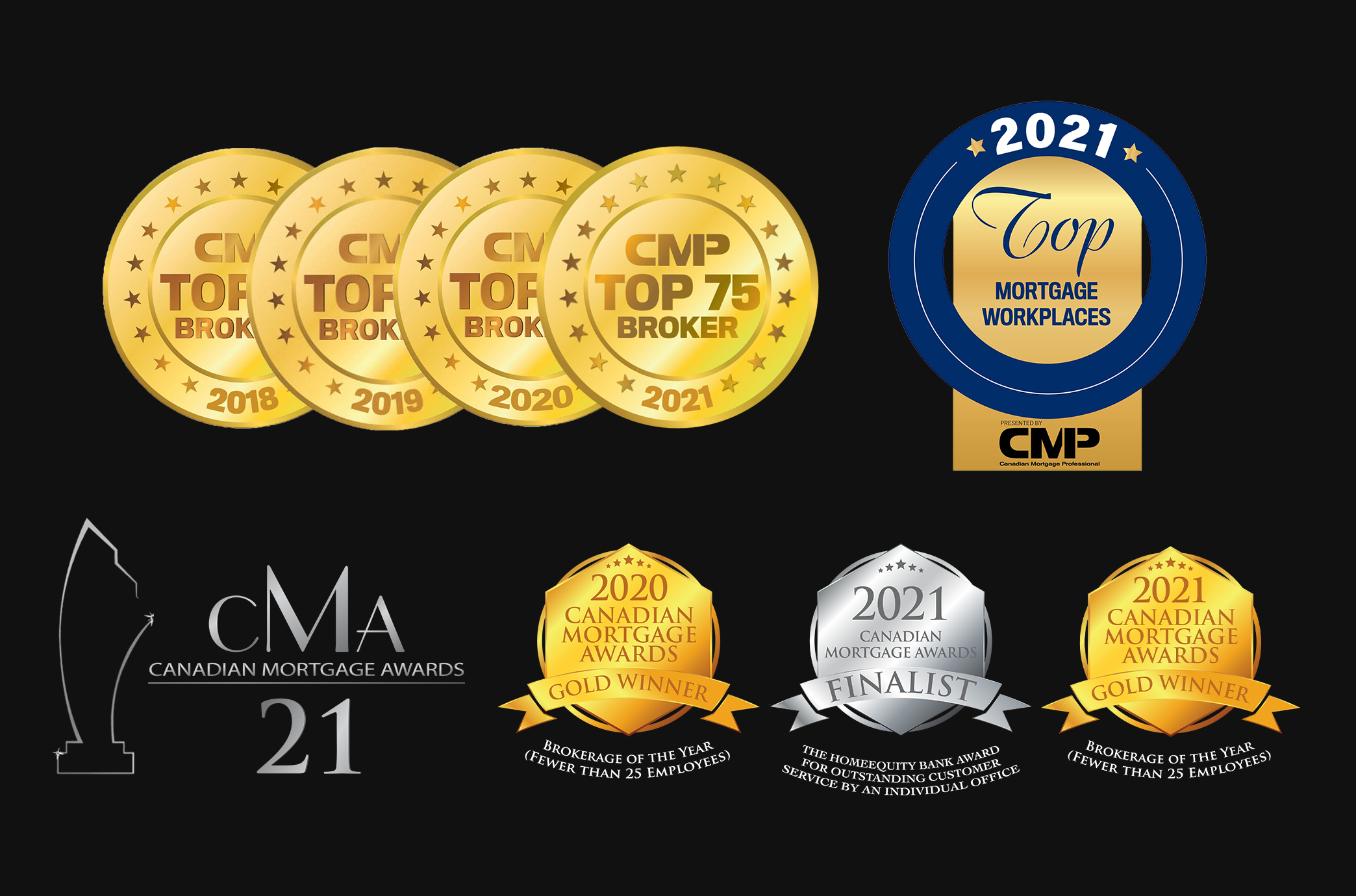Great Mortgages. The Right Insurance. Expert Advice.
Yes, You May Be Able to Afford a New Home in Toronto. No, You Can’t Have a Backyard
Your Outline
Financial Team.
Call or email
at any time:
Yes, you may be able to afford a new home in Toronto. No, you may not be able to afford a backyard.
Because that home may well be a condo.
Bank of Montreal senior economist Robert Kavcic noted that housing starts for single-family homes in the Greater Toronto Area have averaged only 4,300, at an annual pace, in the last year. That’s the lowest on record since 1990, he said.
Construction starts for condominiums, on the other hand, have topped 30,000, also at an annual pace.
“This goes back to land-use constraints and intensification requirements that continue to render single-detached homes more scarce as a share of the overall housing stock, year after year,” Mr. Kavcic said.
“This comes at a time when the leading edge of the millennial group is having their first or second child – and looking for a backyard,” he added in a report titled “Toronto backyards still scarce.”
“As a result, the sudden firmness in the $1-million to $1.5-million range of the resale market (i.e., the cheapest single-detached homes in the city) is no surprise after a brief correction. In econ-nerd terms: The demand curve keeps shifting out, but the supply curve isn’t moving, and keeps steepening.”
Housing markets have rebounded from the lows sparked by the federal bank regulator’s new mortgage-qualification stress tests at the start of 2018.
Buoying those markets are a drop in mortgage rates, solid job gains, a new program for first-time buyers, and population increases, said Mr. Kavcic’s colleague, BMO senior economist Sal Guatieri.
“Home sales and prices are likely to continue rising at a more measured pace in 2020, while construction will need to stay elevated to keep pace with household formations,” Mr. Guatieri said in an economic forecast.
Supply is a big issue, and affordability and home ownership is playing into the federal election campaign.
On Thursday, for example, Royal LePage chief executive Phil Soper warned the political parties against making promises that could inflate prices amid low supply.
The Liberals want to tax non-resident foreign owners of real estate, among other measures already introduced, while the Conservatives promise to extend amortizations to 30 years for insured mortgages.
The Tories have also said they’ll re-examine the new stress test.
“Well-intentioned election promises aimed at making housing more accessible and affordable to first-time buyers will fall flat if they trigger a surge in demand without a corresponding increase in the supply of homes,” Mr. Soper said in releasing Royal LePage’s latest look at housing markets.
If you look at all housing starts across the country, you’ll see that not that much has changed, though September saw a dip from August, according to the latest numbers from Canada Mortgage and Housing Corp.
But for the third quarter, noted David Rosenberg, chief economist at Gluskin Sheff + Associates, starts were running at an annual pace of 223,300, little changed from the second quarter’s 223,700.
“To be sure, this further ratifies the recovery in Canadian housing data from the beginning of the year as have now returned to building above the 200,000 (annualized) trend in household formation,” Mr. Rosenberg said in a report.
But he noted, too, that starts on multiple units across Canada have “taken a bit of a breather,” declining for the third straight month, and it is this housing type that “has been the main driver this cycle so a slowdown here is important to look out for.”
“For example, lowering monthly mortgage payments by stretching repayment over a longer time period looks great on the surface, yet a surge in new buyers could cause prices to escalate, erasing the enhanced purchasing power.”
Article courtesy of the Globe and Mail, Outline Financial and FSB as originally posted in the Globe and Mail.




